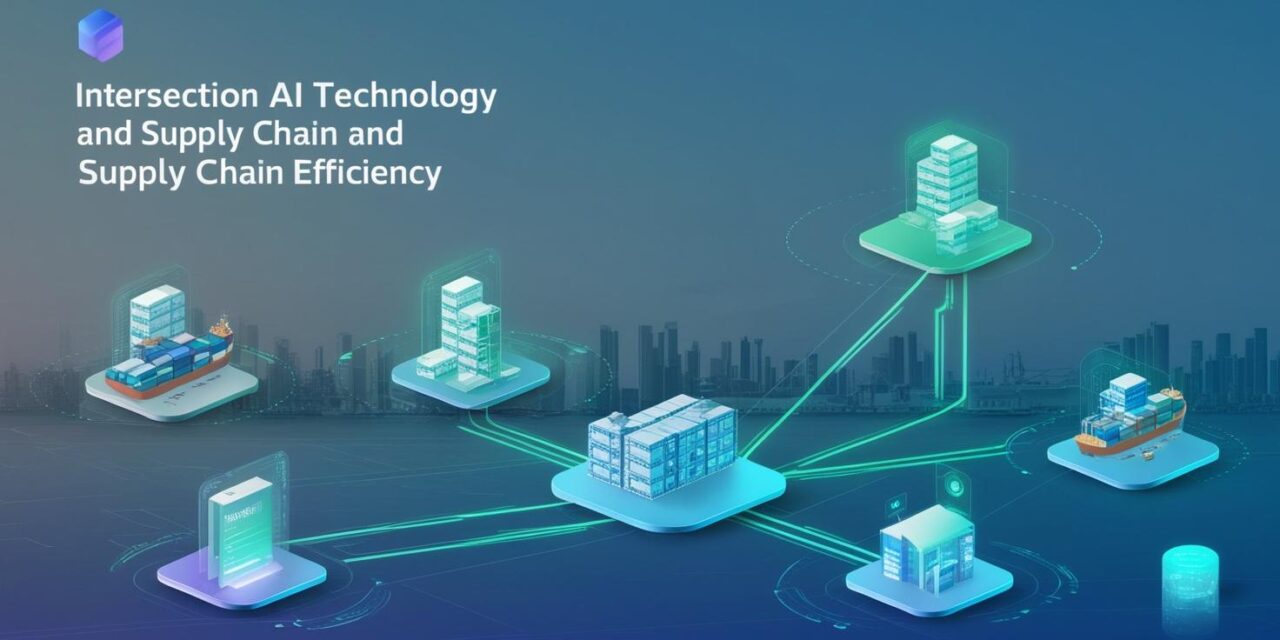Supply chain management is a complex field involving multiple stakeholders, from suppliers and manufacturers to distributors and end consumers. Coordination is key: a single misstep can cause delays, additional costs, or even lost sales opportunities. Businesses that rely solely on manual methods often grapple with slow communication, inaccurate inventory records, and inefficient transportation planning. Neuroclone’s AI assistant aims to relieve some of these routine burdens, providing a supportive layer of automation and helping logistics professionals operate more smoothly.
Challenges in Supply Chain Management
- Inventory Tracking
Maintaining accurate stock data is a core aspect of supply chain efficiency. Overstocking can lead to increased holding costs and potential waste, while understocking can delay production or leave customer demand unmet. Relying on manual stock checks poses risks, as miscounts can have ripple effects throughout the supply chain. - Complex Order Processing
Once orders are placed, businesses must coordinate shipping, tracking, and fulfillment. Manual methods—like updating spreadsheets or emailing dispatch notes—can introduce errors, resulting in late deliveries or incorrect shipments. This can reduce customer satisfaction and increase the likelihood of returns or canceled orders. - Warehouse Management
Large distribution centers often handle thousands of products that need proper labeling, storage, and retrieval. Inefficient warehouse layouts or outdated records can slow down picking and packing. Additionally, routine tasks such as equipment maintenance can slip through the cracks if not systematically tracked. - Transportation Coordination
Ensuring that shipments arrive on time and in good condition requires careful planning. Weather conditions, fuel costs, and vehicle maintenance can complicate route selection. Without timely updates or robust scheduling, transportation delays can cascade, affecting an entire supply chain network. - Risk and Disruption Management
Unplanned events—like natural disasters, supplier shortages, or political turmoil—may disrupt key supply routes. Without proactive measures in place, companies risk stockouts or delayed shipments that can erode consumer confidence.
How Neuroclone’s AI Assistant Contributes to Efficiency
- Real-Time Inventory Monitoring
Neuroclone’s AI assistant can help update and track inventory data across multiple locations. By automating basic data entry and consolidation tasks, it reduces the likelihood of human error and ensures decision-makers have consistent stock information at their fingertips. This broad overview aids in reordering supplies promptly, minimizing both excess and shortage situations. - Streamlined Order Processing
The AI assistant can sort incoming orders, send shipment notifications, and maintain status updates in a unified system. Teams receive a clearer picture of which orders are in progress, which have shipped, and which may need further attention. This consolidated approach can reduce manual back-and-forth between departments. - Basic Warehouse Organization Support
Neuroclone’s AI assistant may suggest general improvements for storage layouts based on factors like product turnover or shipment frequency. By grouping fast-moving items closer to dispatch areas, for instance, staff can retrieve and ship products more quickly. Additionally, the assistant can help track routine tasks—like equipment checks or basic safety reminders—ensuring a more organized work environment. - Improved Transportation Planning
Route selection is a major factor in keeping delivery times consistent and costs in check. Neuroclone’s AI assistant can gather publicly available data on traffic or weather, providing a starting point for route scheduling. This aids managers in deciding how to allocate vehicles or whether to adjust departure times to avoid congestion. - Insights for Risk Management
By compiling logistics data and inventory trends, the AI assistant can highlight broad patterns that might indicate potential disruptions—like a supplier repeatedly missing delivery windows or a sudden drop in available stock. Managers can then take proactive steps, such as sourcing alternative suppliers or adjusting production timelines.
Benefits for Businesses and Logistics Teams
- Reduced Manual Errors: Automated tracking and updates lessen the possibility of mistakes due to manual data entry.
- Faster Response Times: A comprehensive, real-time snapshot of orders and inventory allows for quicker decision-making.
- Better Customer Satisfaction: More accurate and timely shipments mean fewer delays and greater trust from partners and end consumers.
- Scalability: As operations grow, automation helps maintain efficiency without a proportional increase in manual oversight.
Conclusion
Logistics involves a balancing act of managing stock levels, coordinating transportation, and mitigating risks. Neuroclone’s AI assistant provides supportive automation to tackle routine tasks—like inventory updates, order tracking, and basic warehouse organization—helping businesses adapt more effectively to market demands. While human expertise remains crucial for strategic decisions and complex negotiations, AI-driven assistance can streamline daily operations, reduce errors, and create a more resilient supply chain.
Optimize your supply chain with Neuroclone’s AI assistant. Visit Neuroclone’s website today.






